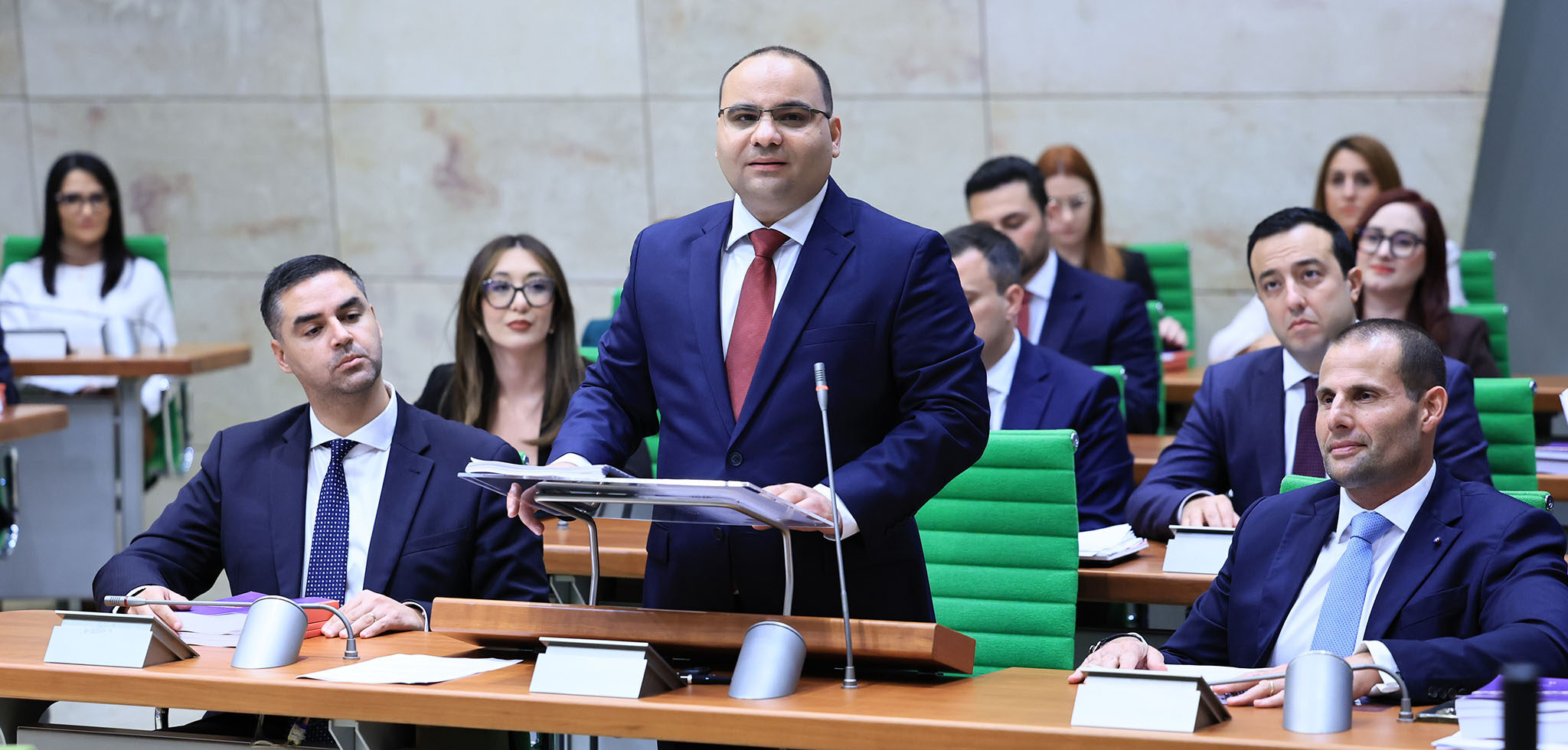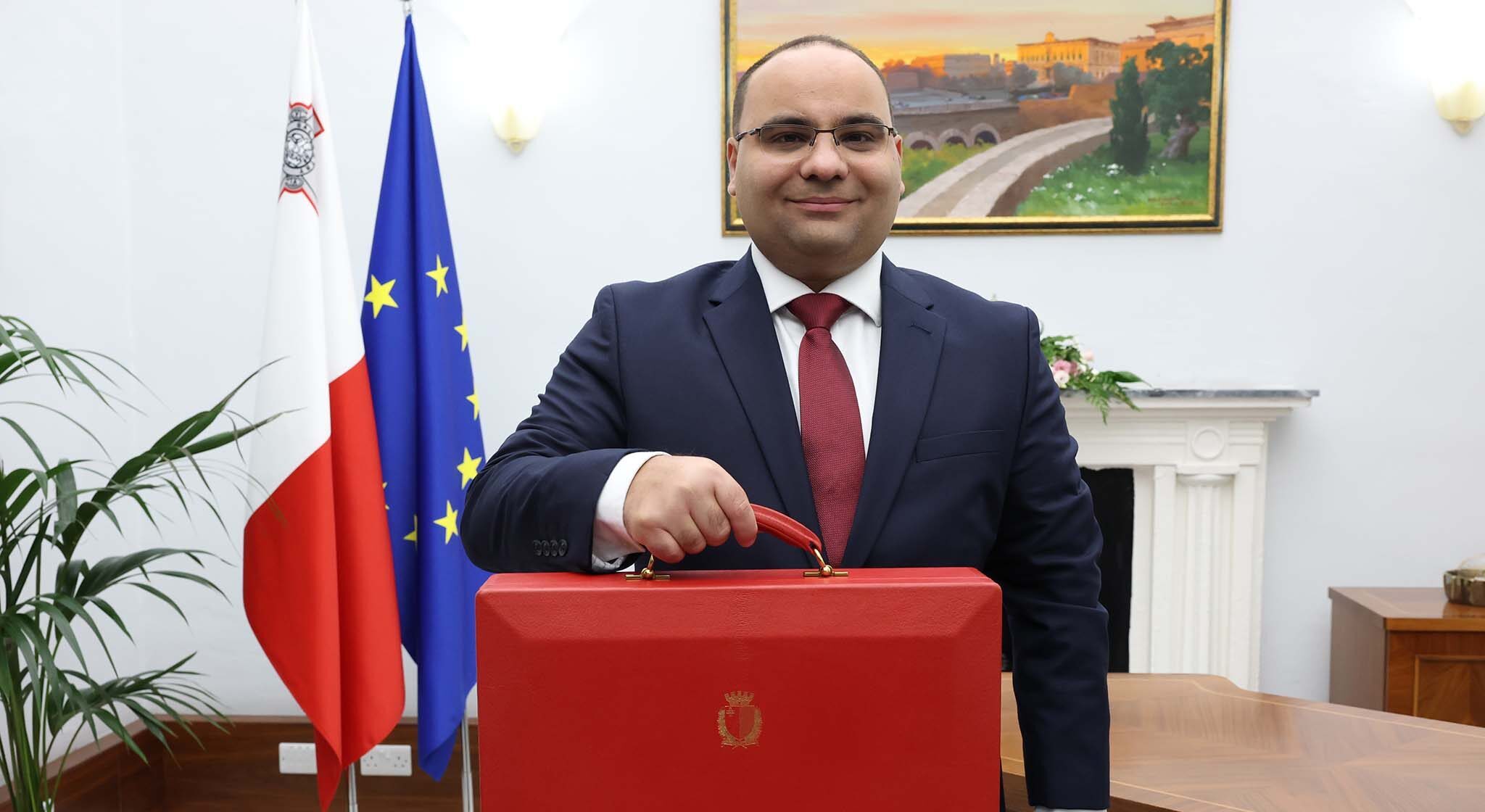The €10,000 grant to all first-time homebuyers will not lead to an increase in property prices, according to real estate agencies.
The grant, which would be spread out over 10 years and available for anyone who was buying their first home against a loan, was one of the first election proposals to be announced by Prime Minister Robert Abela after he had revealed the election would take place on 26th March.
The promise will cost €3.8m for the first year and €57 million throughout the entire term, Dr Abela explained.
Concerns have been raised that such a measure could cause the price of property to increase. These concerns were brushed off by the Prime Minister, who instead focused on other benefits available to first-time buyers.
“Let’s take a hypothetical first-time buyer couple who plans on buying a property in an urban conservation area with a loan. They will be fully exempt from paying tax on the property and will be refunded all VAT on the first €300,000 of refurbishment works,” he explained.
Estate agencies spoken to by BusinessNow.mt shared the Prime Minister’s assessment.
“While demand for property is strong, the number of properties that are affordable to first-time buyers is a very limited one, so I don’t believe such a grant would have any effect on the price of property in general,” said Michael Bonello, CEO of Alliance Malta.
“It’s one benefit among several. In Malta we also have the phenomenon of the family members – parents and in-laws – all pooling in to help the people buy and furnish their home,” he added.
Another estate agency CEO, who preferred not to be named, agreed.
“The price of property is mainly affected by people’s income and the quality of properties. If people can’t afford to buy, then prices can’t go up, simple as that.
Mr Bonello said the proposal was a good one.
“Locally, the biggest issue is the 10 per cent deposit that people have to put down on a property, and I believe this grant can help them close a sale and make the largest investment they’ll probably ever make. If the grant could be even bigger – maybe up to €20,000 – so much the better, especially since it’s spread out over 10 years,” Mr Bonello said.
While agreeing, the second source noted that the proposal was a double-edged sword, as it would be paid for with taxpayers’ money.
“I think a better alternative would be to reduce taxes even more,” he said.
According to statistics issued by Eurostat, house prices in Malta rose by 41.6 per cent between 2010 and 2020 – a far steeper rise than the EU average of 26 per cent.
A steady upward trend has been reported across the EU since 2013, with particularly large increases between 2015 and 2020. In Malta, the steep rise started in 2014.
Government to reinforce incentives for R&D, capital investment, and higher wages
For example, the popular Microinvest scheme will be reinforced
Malta set to provide AI subscription for all
‘We are going to put the power of AI in everyone’s hands,’ said Finance Minister Clyde Caruana
Parents to get ‘historic’ tax cut as Malta tries to reverse shrinking native population
The 2026 Budget includes a raft of measures aimed at reducing the financial burden of childrearing






